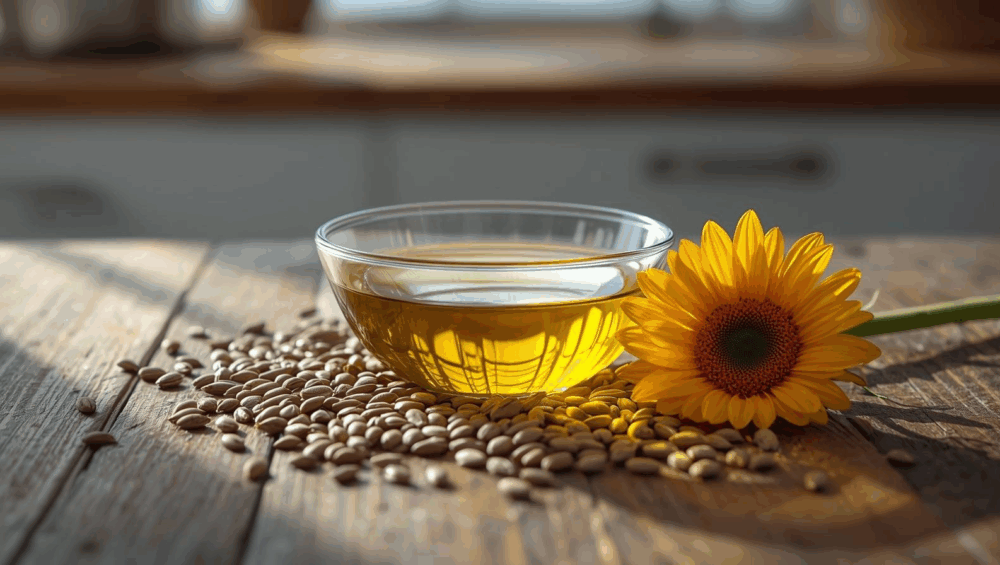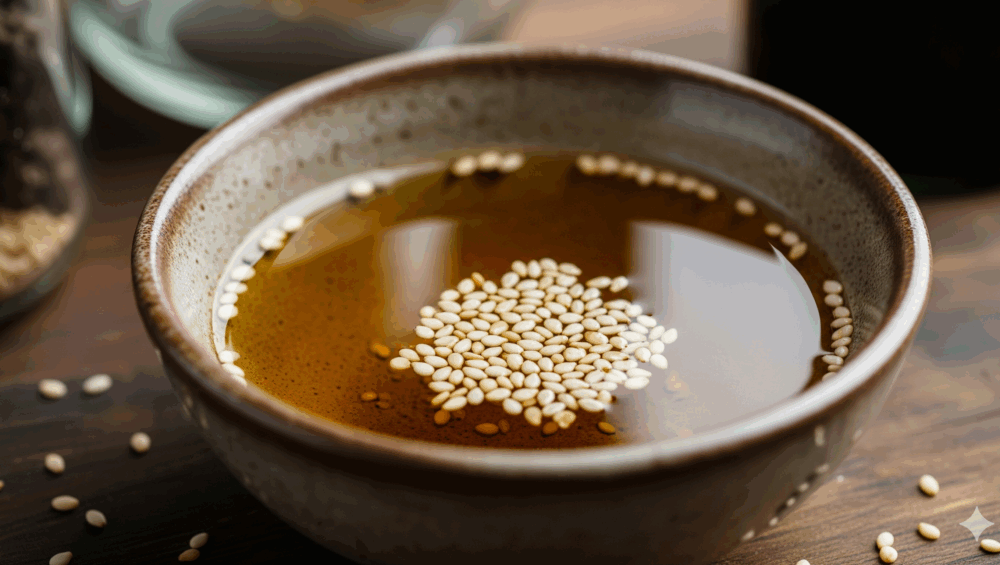फ्राय केलेले स्नॅक्स खाणे आरोग्यासाठी चांगले नसले तरी, आजच्या धकाधकीच्या जीवनात लोकांना फ्राय केलेले पदार्थ…
Samai
Buy Samai Online
Is a term that combines two elements: “millet” and “samai.” Millets are a group of small-seeded grasses that are cultivated as cereal crops worldwide.
They have been consumed for centuries and are known for their nutritional value and versatility in various cuisines. Samai, also known as little millet or Panicum sumatrense, is one specific type of millet that belongs to the Poaceae family.
Samai is a small, round grain that is roughly the same size as a mustard seed. It has a pale yellow color and a mild, slightly nutty flavor.
The grain is gluten-free, making it suitable for individuals with gluten intolerance or celiac disease.
Samai is nutritious and provides various health benefits. It is a good source of dietary fiber, protein, vitamins (such as niacin and thiamine), and minerals (such as calcium, iron, and magnesium).
It also has a low glycemic index, which means it releases sugar into the bloodstream slowly, making it beneficial for managing blood sugar levels.
In terms of cooking, can be prepared in a similar manner to rice. It can be boiled, steamed, or pressure-cooked to create a fluffy texture.
It can be used as a base for various dishes, such as samai pongal (a savory dish made with lentils), samai biryani (a flavorful rice dish), or even in salads, porridges, and desserts.
Overall, millet samai is a nutritious and versatile grain that offers a healthy alternative to rice and other grains. Its mild flavor and nutritional profile make it a popular choice for those seeking a nutritious and gluten-free option in their die
Health Benefits
- Rich in nutrients: A good source of essential nutrients, including dietary fiber, protein, vitamins (such as niacin, thiamin, and folate), and minerals (such as iron, magnesium, and phosphorus). These nutrients play crucial roles in various bodily functions.
- Gluten-free: Naturally gluten-free, making it an excellent choice for individuals with gluten intolerance or celiac disease. It can be used as an alternative to wheat and other gluten-containing grains.
- Promotes digestion: The high fiber content in millet samai promotes healthy digestion. It helps prevent constipation, promotes regular bowel movements, and supports a healthy gut microbiome.
- Supports heart health: contains antioxidants, such as phenolic compounds, which have been associated with heart health benefits. It may help reduce the risk of heart disease by lowering blood pressure, reducing cholesterol levels, and improving lipid profiles.
- Helps manage blood sugar levels: has a low glycemic index, meaning it doesn’t cause a rapid spike in blood sugar levels. It can be beneficial for individuals with diabetes or those looking to manage blood sugar levels.
- Weight management: Due to its high fiber and protein content, millet samai can help promote satiety and keep you feeling fuller for longer. Including it in your diet may aid in weight management and prevent overeating.
- Potential anti-inflammatory effects: Some studies suggest that millet samai may have anti-inflammatory properties. Chronic inflammation is associated with various health conditions,
- including heart disease, diabetes, and certain types of cancer. Consuming anti-inflammatory foods like millet samai may help reduce inflammation in the body.
- Nutritious alternative to refined grains: is a healthier alternative to refined grains, such as white rice or refined wheat flour. It provides more nutrients and dietary fiber while being lower in calories










